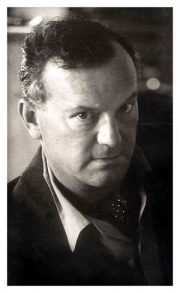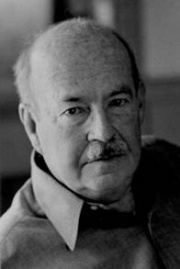Grand theory
From Geography
Grand Theory is a term invented by the American sociologist C. Wright Mills in The Sociological Imagination (1959) to refer to the form of highly abstract theorizing in which the formal organization and arrangement of concepts takes priority over understanding the social world. In his view, Grand Theory was more or less separated from the concrete concerns of everyday life and it’s variety in time and space.
The main target of Mills was Talcott Parsons, also an American sociologist and the architect of structural functionalism, against whom he insisted that here is no Grand Theory in the sense of one universal scheme to understand the unity of social structures. In Parsons view "grand theory" integrated not only sociological concepts, but also psychological, economic, political, and religious or philosophical components. He tried to integrate all the social sciences within an overarching theoretical framework (Gregory, 2010)
By the 1980s the Grand Theory was reformulated and included theories such as; critical theory, structuralism, structural Marxism, and Structuration Theory, all influenced human geography. Barnes and Gregory (in Gregory, 2010) confirmed this and noticed in addition; “No matter the phenomenon investigated, it could always be slotted into a wider theoretical scheme. Nothing would be left out; everything would be explained.”
According to Gregory (2009) there are two critical responses to this (reformulated) Grand Theory. First there has been a continuing debate about the scope of theory in human geography, with the focus on the relation between theory and empiricism. Wherein some authors thought of a ‘theory-less world of empiricism’, in contrast to others which foresaw a fixation upon theory, meaning the threat of the ‘theorization of theories’, second order abstractions ‘doubly removed from the empirical world’. Secondly, that no single theoretical system can possibly ask all the interesting questions or provide all the satisfying answers.
References
- Gregory, D., Johnston, R., Pratt, G., Watts, M., Whatmore, S. (2009). The Dictionary of Human Geography, 5th edition. London: Wiley-Blackwell Publishing. Section Grand Theory by Derek Gregory, p 315-316.
- Mills, C.W. (1959). The sociological imagination. Oxford: Oxford University Press.
Contributors
- Page created by Stan Crienen --StanCrienen 21:58, 26 October 2011 (CEST)
- Page enhanced by Stan Crienen --StanCrienen 21:58, 26 October 2011 (CEST)
- Illustrations added by Stan Crienen --StanCrienen 21:58, 26 October 2011 (CEST)

